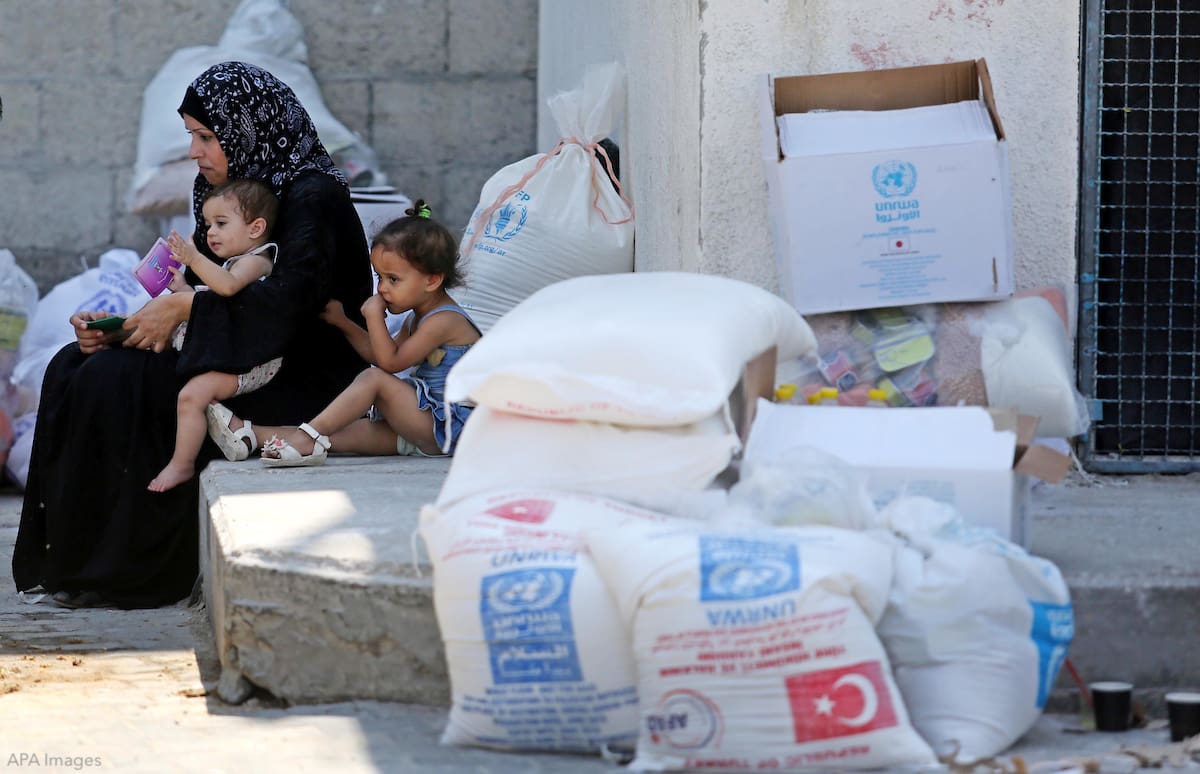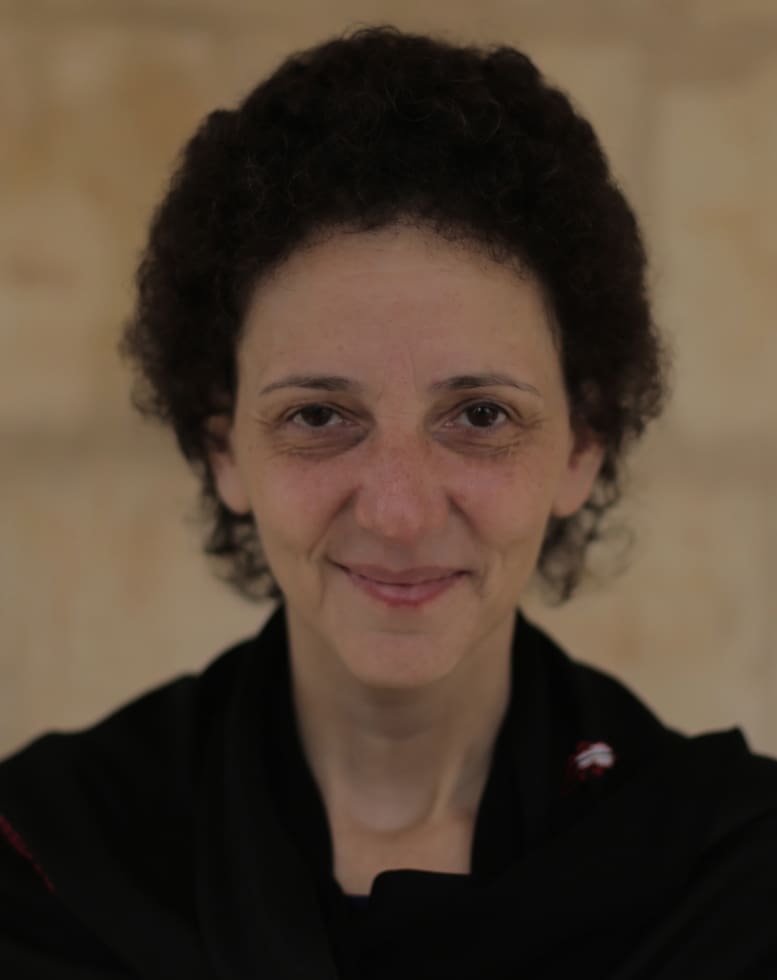
The Trump Administration’s decision to cut aid to the Palestinians and cease USAID operations in the Occupied Palestinian Territory (OPT) must serve as a wake-up call for Palestinian policymakers to lay the Oslo Accords aid model to rest. Neither this model nor the masses of aid funds that have poured into Palestine – more than $35 billion since 1993 – have brought Palestinians closer to freedom, self-determination, or statehood, or provided for sustainable development. In fact, the opposite has been the case: Palestinians are forced to live in an aid-development paradox, with increased amounts of aid associated with major declines in socioeconomic and development indicators.
In this selection of pieces, Al-Shabaka policy analysts examine the effectiveness of international aid to Palestine, problematize its consequences and the harmful ramifications of aid dependency, and suggest ways forward to reform and re-invent Palestinian aid. The analysts argue that development cannot be understood as a mere technocratic, apolitical, and neutral process. Rather, it must be recognized as operating within relations of colonial dominance and rearticulated as linked to the struggle for rights, resistance, and emancipation.
The Failure of Aid
Donor Complicity in Israel’s Violations of Palestinian Rights
By Nora Lester Murad
Nora Lester Murad elucidates donor practices that violate basic human rights, outlines eight questions that must be asked about aid complicity, and suggests mechanisms for oversight of the aid industry. Read more…
Persistent Failure: World Bank Policies for the Occupied Palestinian Territories
By Alaa Tartir and Jeremy Wildeman
Alaa Tartir and Jeremy Wildeman assess the World Bank’s irrelevant and sometimes harmful policy recommendations and argue that until the Bank better understands the real conditions of Israeli occupation, it will continue to provide unrealistic recommendations that are based on a long-dead era of Oslo rapprochement. Read more…
Unmasking “Aid” After the Palestine Papers
By Samer Abdelnour
Samer Abdelnour examines the integral role played by the aid industry in ensuring the de-development of the Palestinian economy and argues that in the absence of accountability mechanisms the aid industry will continue to be complicit in the deliberate devastation of the people it claims to serve. Read more…
The Reinvention of Aid
Can Oslo’s Failed Aid Model Be Laid to Rest?
By Jeremy Wildeman and Alaa Tartir
Jeremy Wildeman and Alaa Tartir argue that donors are reinforcing failed past patterns associated with the so-called peace dividends model while making only cosmetic changes to their engagement. Read more…
Defeating Dependency, Creating a Resistance Economy
By Alaa Tartir, Sam Bahour, and Samer Abdelnour
Alaa Tartir, Sam Bahour, and Samer Abdelnour point to the need to consider how Palestinians can institutionalize and eventually create a bureaucracy around a democratic people-driven development agenda, and argue that any new Palestinian economic vision must embrace dignity in aid. Read more…
A New Model for Palestinian Development
By Samer Abdelnour
Samer Abdelnour analyzes Oslo-inspired pitfalls of Palestinian development and misguided donor attempts to promote private sector development, and argues that a Sustainable Local Enterprise Networks (SLENs) approach to development and reconstruction can work in the Palestinian context. Read more…
Sam Bahour resides in Al-Bireh/Ramallah, Palestine. He does business consulting as Applied Information Management (AIM), specializing in business development with a niche focus on the information technology sector and start-ups. Bahour was instrumental in the establishment of two publicly traded firms: the Palestine Telecommunications Company (PALTEL) and the Arab Palestinian Shopping Centers (APSC). He is Co-founder & Emeritus Member of Americans for a Vibrant Palestinian Economy (A4VPE). He currently is an independent Director at the Arab Islamic Bank PLC and a board member at Just Vision. He writes frequently on Palestinian affairs and has been widely published in leading outlets. He is co-editor of HOMELAND: Oral History of Palestine and Palestinians (Olive Branch Press, 1993), tweets at @SamBahour, and blogs at epalestine.ps.
Samer Abdelnour is an academic and activist. He co-founded Al-Shabaka in 2009 and served as a founding board member until 2016.
Nora Lester Murad is a writer and activist. She is the author of the award-winning young adult novel, Ida in the Middle, editor of I Found Myself in Palestine (2020) and co-author of Rest in My Shade (2018). Nora writes commentary for outlets including Mondoweiss, The New Arab, Markaz Review, Aljazeera, Fairness and Accuracy in Reporting, and more. She co-founded Dalia Association, Palestine’s community foundation, and Aid Watch Palestine, a community-driven aid accountability initiative. Nora serves on the board of Visualizing Palestine and shares K-12 teaching resources about Palestine at www.IdaInTheMiddle.com. She can be reached through her blog at www.NoraLesterMurad.com.
Al-Shabaka Policy Member Jeremy Wildeman is a Research Associate at the University of Bath’s “Department of Social and Policy Sciences” where he is carrying out research on donor policy towards the Palestinians. Previously he completed a PhD on Canadian and foreign development aid towards the Palestinians, and has collaborated on a number of past research projects on Palestinian development, economy and NGOs. He also has substantial past experience with the Palestinian NGO sector, including co-founding the Nablus-based youth development charity ”Project Hope.”
Alaa Tartir is Al-Shabaka’s program and policy advisor. He is a senior researcher and director of the Middle East and North Africa Programme at Stockholm International Peace Research Institute, as well as a research associate and academic coordinator at the Geneva Graduate Institute, global fellow at the Peace Research Institute Oslo, and governing board member of the Arab Reform Initiative. Alaa holds a PhD from the London School of Economics and Political Science and is co-editor of Resisting Domination in Palestine: Mechanisms and Techniques of Control, Coloniality and Settler Colonialism (2023), Political Economy of Palestine: Critical, Interdisciplinary, and Decolonial Perspectives (2021) and Palestine and Rule of Power: Local Dissent vs. International Governance (2019). He can be followed on Twitter (@alaatartir), and his publications can be accessed at www.alaatartir.com.
















